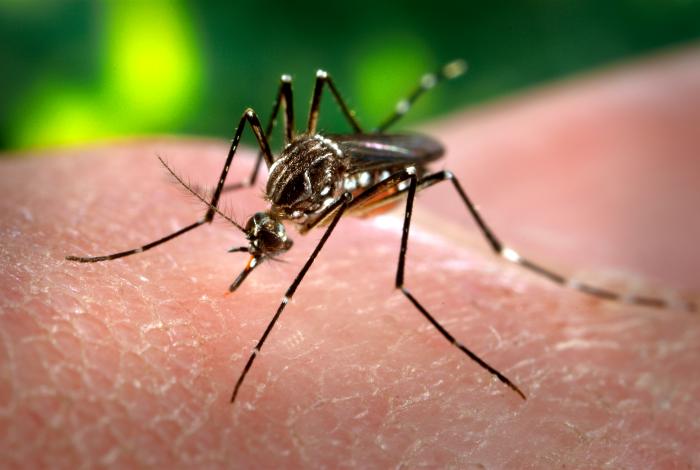The BC Centre for Disease Control says a B.C. resident who recently travelled to El Salvador has contracted the Zika virus.

This is a virus that is spread to people through mosquito bites, but those mosquitoes that transmit the virus to humans are not found in Canada.
Most people recover without severe complications and many do not have to go to hospital. One in four people infected with the Zika virus are believed to develop symptoms, including low-grade fever, joint pain, red eyes, rash and generalized symptoms such as muscle pain, physical weakness, lack of energy and headaches. The virus may go unrecognized or be misdiagnosed as dengue, chikungunya or other viral infections causing fever and rash.
The incubation period for the virus ranges from three to 12 days and disease symptoms are usually mild and last for two to seven days.
The Zika virus is transmitted to people through the bite of an infected mosquito, however the virus has been isolated in semen and person-to-person sexual transmission has been documented. Zika can be transmitted through blood, but this also an infrequent mechanism.
Zika virus is transmitted to people through the bite of an infected Aedes mosquito. This is the same mosquito that transmits dengue and chikungunya.
There is currently no prevention to spread Zika and there is no vaccine or treatment for the virus. Treatment is generally limited to symptom relief.
The Public Health Agency of Canada says the risk to Canadians is low. To date, there have been no reported cases of locally acquired Zika virus in Canada but there is ongoing risk to Canadians travelling to endemic regions.
Zika virus has been reported in Africa and parts of Asia since the 1950s, and in the southwestern Pacific Ocean in 2007. In 2015, Zika virus emerged in South America with widespread outbreaks reported in Brazil and Columbia. As of Jan. 5, 2016, locally acquired cases have been reported in Brazil, Chile (Easter Island), Colombia, El Salvador, French Guyana, Guatemala, Honduras, Martinique, Mexico, Panama, Paraguay, Puerto Rico, Suriname and Venezuela.
Canadians travellers visiting affected areas, particularly pregnant women, should help protect themselves against Zika virus by taking protective measures to prevent mosquito bites, including using insect repellent, protective clothing, mosquito nets, screened doors and windows.




Comments